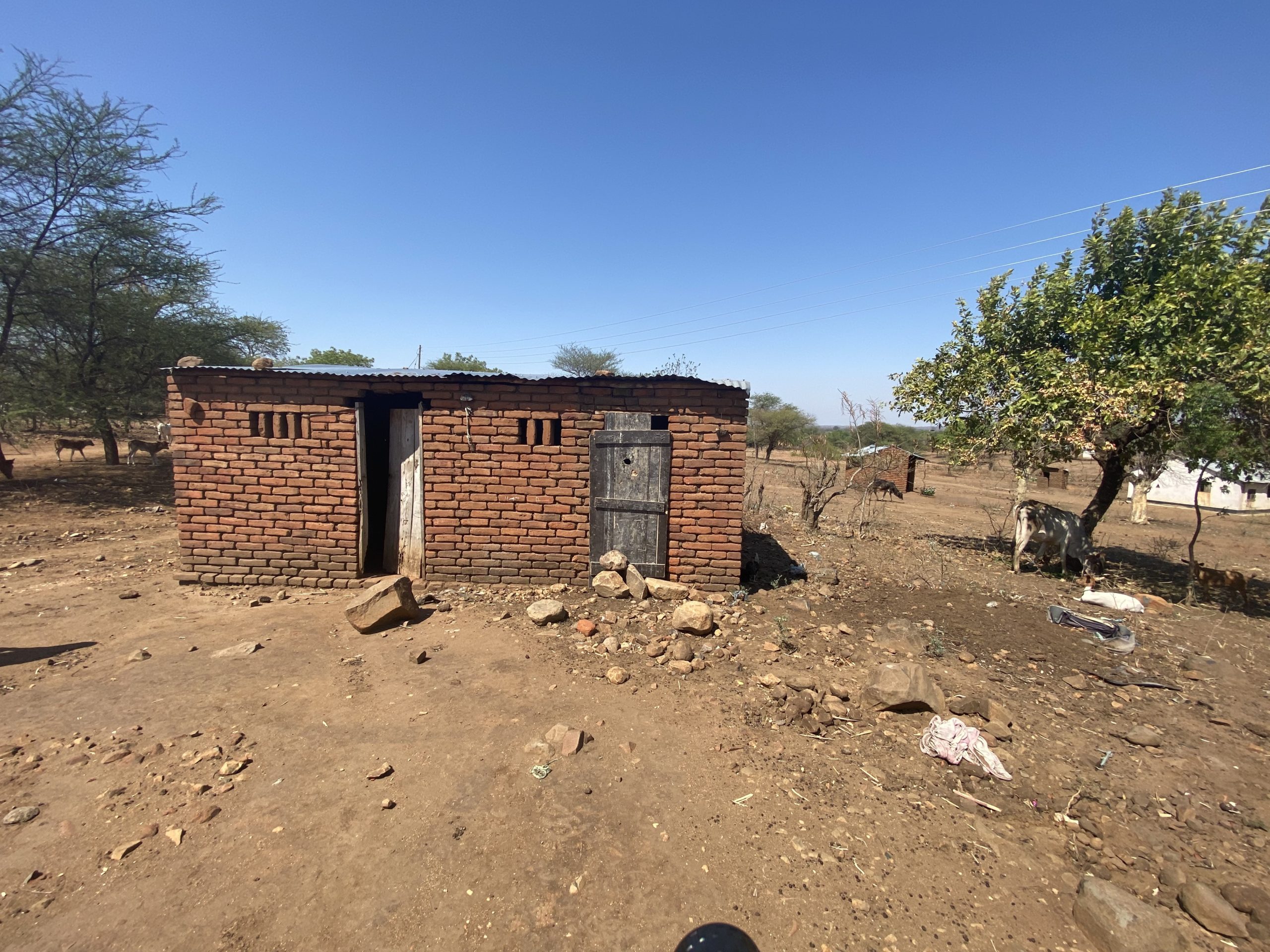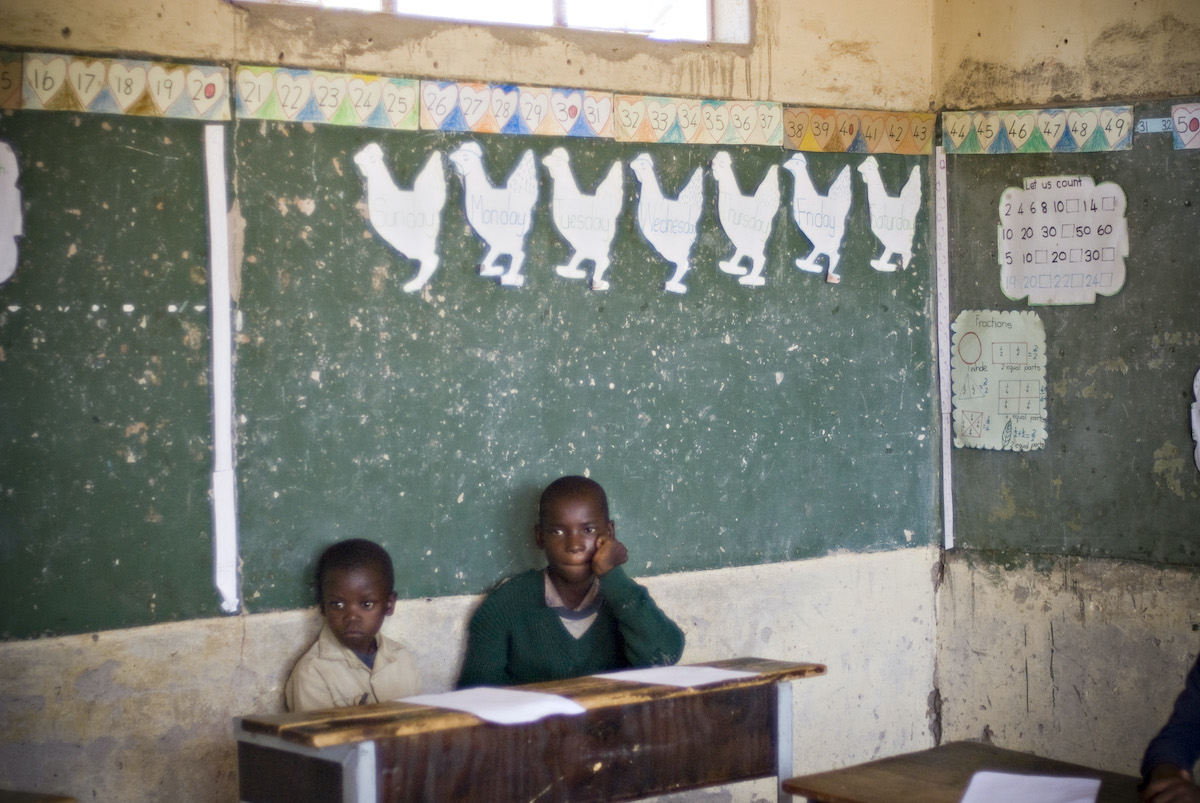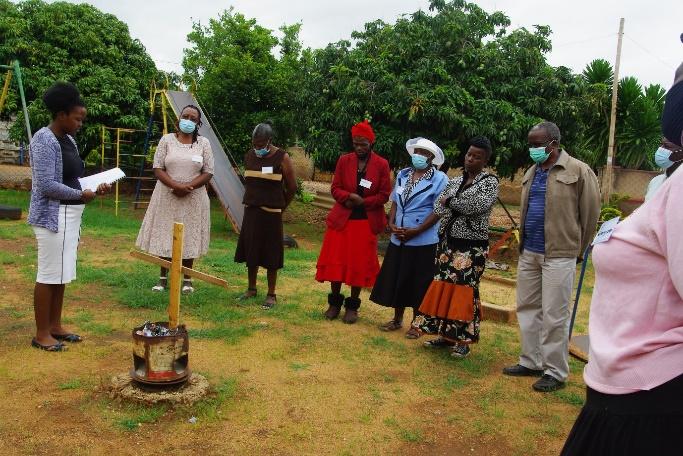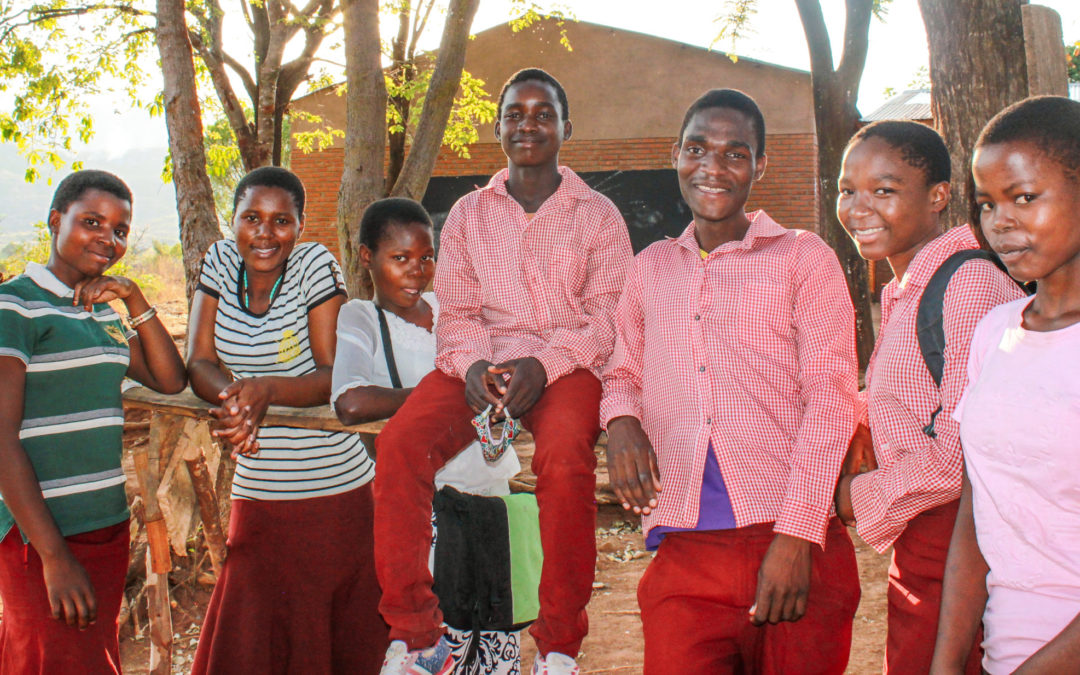Teen pregnancy. Childhood marriage. Child abuse and exploitation. How do you solve those issues?
We believe education is one piece of the solution. But right now, orphaned and vulnerable children are facing multiple challenges in getting an education. Namely, the effects of COVID-19 have forced kids to drop out for a variety of reasons.
These challenges have led to increased rates of teenage pregnancy for the children we serve as well as higher probability of abuse and exploitation.
Keep on reading to find out:
-
The 3 Educational Challenges facing orphaned and vulnerable children
-
How Forgotten Voices and its church partners are responding
-
Ways you can get involved to help
Challenge #1: Access to Technology
In the past two years, many students and teachers in the USA have fallen into a normal routine of having school via Zoom meetings.
But, what do you do when children can’t afford computers, the internet, or even electricity?
In Zambia, the government introduced online learning platforms that were accessible via computers, television, or local radio stations. But for many children that we serve, they lack access to this technology due to their caregivers not being able to afford it.
Many children have been forced to drop out of school because they have no means to get an education.
When children are out of school and miss the structure it provides, they’re more likely to engage in reckless behavior like sex or alcohol abuse. When that happens, girls especially face challenges.

Home in Rural Malawi
Homes like these have little to no access to things like electricity, running water, or the internet.
When a teenage girl gets pregnant, she is not allowed to attend school. When this happen, it effectively traps the girl from ever getting an education and robbing her of a better future.
Challenge #2: Increased Risk for Child Abuse and Exploitation
Forced to stay at home, children face a higher risk of abuse and exploitation.
Child Abuse:
With caregivers who are struggling to make ends meet, they may lash out at their children and abuse them as a means of coping. As a result, children are hurt physically and emotionally – causing their development and wellbeing to suffer.
Exploitation:
In Malawi especially, young girls may be married off at an early age as a means of escaping from poverty. When children are exploited, they’re more likely to have trauma and not complete an education – lowering their chances of having a successful future.

Classroom in Zimbabwe
Classrooms like this one are sitting empty in Zimbabwe due to the current strike and economic instability.
Challenge #3: Economic Instability
In Zimbabwe, Zambia, and Malawi, economies are fragile and have been hit hard over the past two years. This has made it difficult for the caregivers of orphaned and vulnerable children to afford school tuition, uniforms, and supplies.
In Zimbabwe especially, COVID-19 forced an additional 1.3 million people into extreme poverty (living on less than $1.90 a day) according to World Bank. As extreme poverty increased, inflation increased in the country – lowering the purchasing power of wages.
With that in mind, 95% of the country’s public education teachers have been on strike due to poor wages and working conditions. Orphaned and vulnerable children are stuck in the middle – missing the chance to get an education after already missing several months of school because of COVID-19 lockdowns.
What are the solutions to these challenges?
The educational challenges facing orphaned and vulnerable children are difficult to overcome. But, we praise God for how our staff teams and church partners have come up with solutions. In the past few months, here are some of our favorite solutions:
Churches Opening Their Doors in Zambia
With schools closed and no options for virtual learning, many churches in Zambia have come up with creative ways to ensure orphaned and vulnerable children still receive an education.
Two church partners in Zambia opened up their church halls and installed some chalkboard. Then, teachers from the congregations would teach the children so that they could still learn even when schools were shut down.
Parenting Training + Trauma Healing Workshops
In Malawi and Zimbabwe, our staff teams and church partners have been helping children through parenting skills and trauma healing.
Through these workshops, it helps caregivers and children heal from past pain as well as face the future with hope. For caregivers especially, they learn skills on how to lovingly discipline and raise their kids.
Parenting training and trauma healing workshops have been critical in preventing the the abuse and exploitation of children. In fact, this has led to a 85% reduction in physical and emotional child abuse in Malawi (thanks to a study done by WHO, Unicef, Oxford, et. al).

Take Your Pain to the Cross
An exercise done to encourage caregivers to take their trauma to the cross.
What’s next?
Despite the challenges, we have hope because of the God we serve. We hope and pray that the children we serve will overcome these challenges and that we can collaborate with local leaders to create even more solutions.
Her Best Foot Forward: Amy’s Story
See how Amy, from Malawi, is getting the education she deserves, thanks to partners like you!
A special thank you to our country office teams in Zimbabwe, Zambia, and Malawi for their contributions to this blog post!
